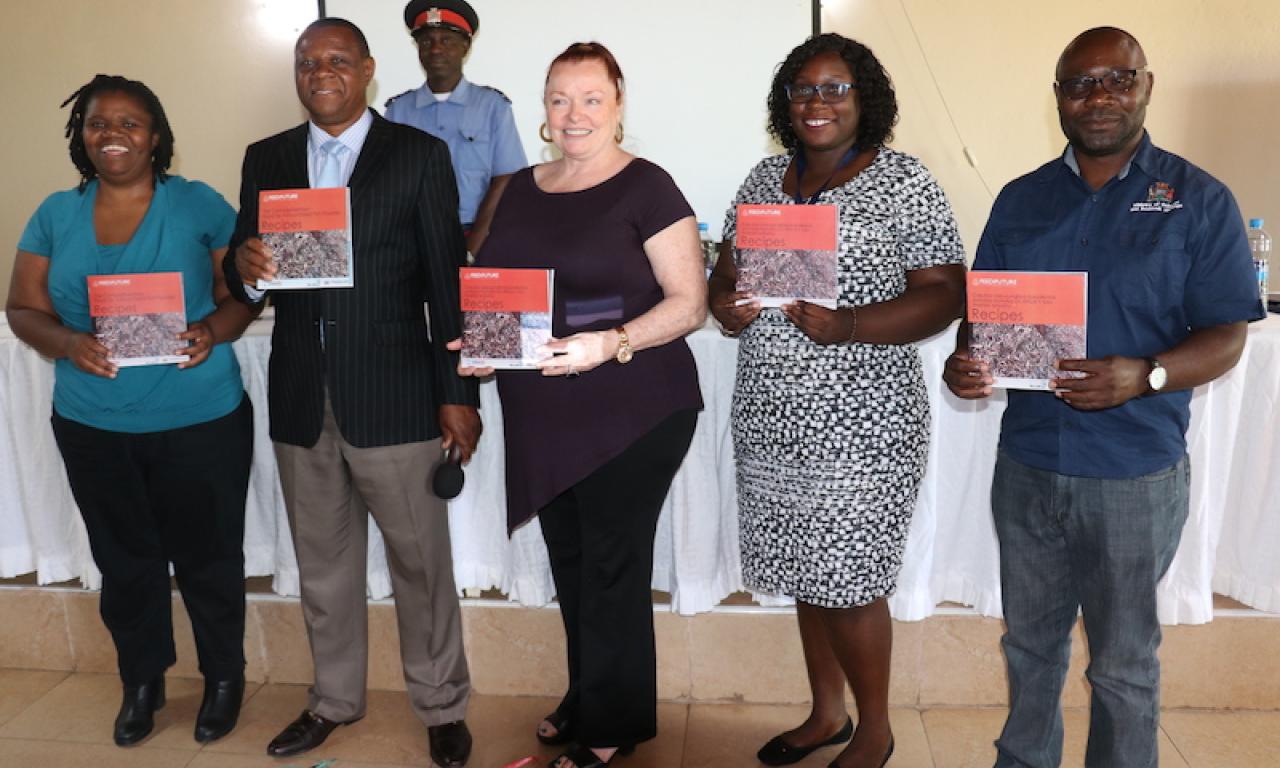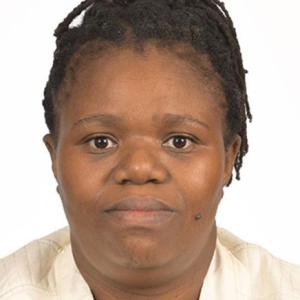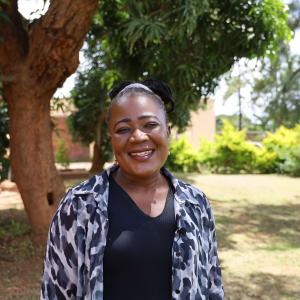
- The FishFirst! Zambia project, implemented by WorldFish and Mississippi State University, aims to address malnutrition in Zambia by developing and promoting staple-fish products that enhance nutrition during the first 1000 days of life.
- The project conducted nutrition training to educate mothers on incorporating fish powder into various fish-based recipes suitable for household consumption.
- To ensure sustainability, the project engaged local entrepreneurs and SMEs to produce small sachets of fish powder and fish powder-based products, making them more accessible in the local market.
The nutrition status of individuals during their first 1000 days of life plays a crucial role in determining their quality of life in later years. It is essential to provide infants, young children and pregnant women with highly nutritious foods containing essential nutrients to ensure their well-being. Lack of these essential nutrients can lead to long-term health risks including stunted growth, impaired cognitive development and the onset of chronic diseases, resulting in increased healthcare costs to the government.
Like many African countries, Zambia has been grappling with high malnutrition levels resulting from inadequate access to essential nutrients, poor eating habits and food insecurity. To address this challenge, WorldFish and Mississippi State University (MSU) have implemented the FishFirst! Zambia Project. Funded by the United States Agency for International Development’s (USAID) Feed the Future Innovation Lab for Fish, this initiative aims to develop and scale staple-fish products that promote enhanced nutrition during the critical first 1000 days of life.
According to the 2018 Demographic Health Survey, Zambia's stunting levels stand at 35 percent. This statistic underscores the urgent need to address malnutrition and its long-term consequences. To combat this issue, the FishFirst! Zambia Project focused its implementation on three districts in the Southern Province – Gwembe, Siavonga and Sinazongwe – located along Lake Kariba. This region is rich in fish species, including the highly commercialized kapenta.
Empowering communities through nutrition training
In 2021, WorldFish and MSU conducted a comprehensive survey to assess the state of small fish harvesting, processing and trading activities along Lake Kariba. The results revealed that a significant portion of the fish, including kapenta, caught by fishers, is primarily sold, leaving little or none for household consumption. This situation deprives households of essential fish nutrients, leading to nutritional deficiencies.
To promote the consumption of fish and its nutritional benefits in the targeted districts, WorldFish and MSU conducted a nutrition training in June 2022. The training was attended by 42 child-mother pairs, including community health workers, government officials and local entrepreneurs. Its primary objective was to educate mothers on integrating fish powder into various fish-based recipes suitable for household consumption, particularly for infants. These recipes, such as complementary maize porridge, savory fish chutney, savory pumpkin leaves, bean-vegetable soup, savory cassava bites and nutri-biscuits, were prepared with locally sourced ingredients and underwent taste-testing evaluations for acceptability.
Feedback from the participants, both mothers and infants, was overwhelmingly positive. They found the recipes easy to prepare and expressed enthusiasm about incorporating fish powder into their meals at home.
It is exciting how we have been able to use fish powder in various dishes and they taste good. We have an abundance of fish here but we never knew we could use it in ways we have learned here. The recipes are easy and I look forward to trying this at home.
Marvis Nyangale
Nutrition Training Participant
Building on this success, WorldFish and MSU published the Complementary Food for Africa+ Fish recipe booklet in June 2023. The launch event was officiated by Geoffrey Jakopo, the district commissioner of Siavonga, who emphasized on the significance of combating malnutrition through collaborative efforts.
The problem of malnutrition is one that should not be ignored. It is among us but we can conquer this problem when we work together. We now know that the cognitive abilities of children will be affected if they are malnourished. It is time we put a stop to malnutrition in this country. The government is excited about this project, especially with the participation of mothers.
Geoffrey Jakopo
Siavonga District Commissioner
Overcoming challenges and ensuring sustainability
While the nutrition training was well-received, some mothers expressed difficulty in grinding fish into powder by hand, limiting their ability to prepare the recipes regularly. To address this challenge, the project has engaged local entrepreneurs and small and medium-sized enterprises (SMEs), such as Sylva Professional Foods, to produce small sachets of fish powder and fish powder-based products for the community. These partnerships ensure the availability and accessibility of fish-based nutrition solutions in the local market.
Throughout the project implementation, WorldFish, MSU and the FishFirst! Zambia project team collaborated closely with the Government of Zambia, including the Ministry of Health and the Department of Fisheries in the Ministry of Fisheries and Livestock. The National Food and Nutrition Commission, local entrepreneurs and private sector actors were also engaged to maximize the impact and sustainability of the initiative.
The FishFirst! Zambia project is making significant strides in addressing malnutrition and promoting enhanced nutrition during the critical first 1000 days of life. With ongoing collaboration and dedication, Zambia can combat malnutrition, improve the well-being of its citizens and secure a healthier future for the nation.


